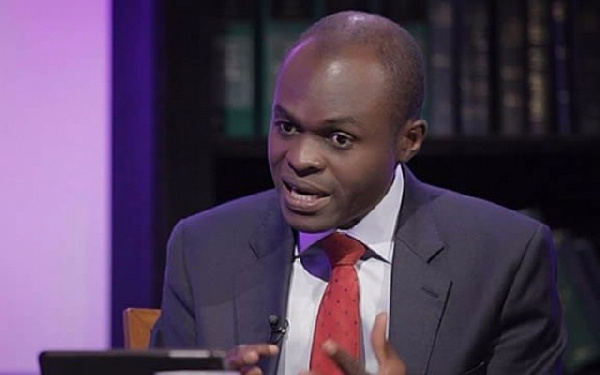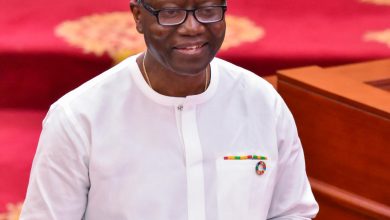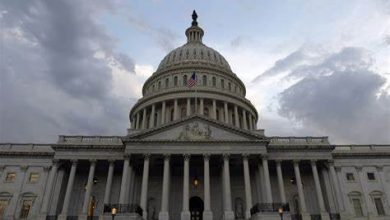Kpebu finds Akufo-Addo’s reasons for not signing bill unjustifiable

Private legal practitioner Martin Kpebu contends that President Nana Addo Dankwa Akufo-Addo’s refusal to endorse the anti-witchcraft bill poses a threat to the country’s democracy.
President Akufo-Addo had cited potential financial implications on the country’s consolidated fund as the primary reason for not signing the bill.
Kpebu, however, rejects this justification, deeming it inappropriate for the President to raise such concerns months after the bill’s initial passage.
In an interview, Kpebu questioned the timing of the President’s objections, pointing out that Akufo-Addo had already approved one death penalty law while hesitating on others, including the Armed Forces Law and the anti-witchcraft law passed in July.
“I will say that it is not right for the president to come too late in the day to say that he is not able to assent because it imposes charges on the consolidated fund. So the question is, at the time he was signing the first death penalty, you knew the death penalty laws were two. There is the one that has to do with Act 29, which he has already signed, and there is the Armed Forces Law and the witchcraft law that he has not signed. That law was passed in July, so it baffles me that the president is coming now, after several months, to say no, he doesn’t think that’s the right thing to do,” Kpebu stated.
He reiterated that, in his view, there is no financial burden associated with the passage of the bill, as asserted by the President. Kpebu emphasized that the President’s reluctance to sign the anti-witchcraft law, especially after endorsing the death penalty, could negatively impact the country.
He recalled presenting a proposal with Amnesty International, where the President had shown appreciation for amending Act 29. However, despite initial enthusiasm, the President’s recent decision is viewed as detrimental to the progress of the country’s democracy.
Kpebu urged the government to reconsider its decision, emphasizing the potential repercussions on social equality in the country.




